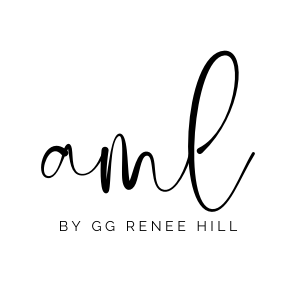confessional writing
This post and reflection exercise are part of a series that Inner Story and Layers Subscribers receive on a weekly basis to support them in discovering themes and storylines for writing about their lives. You can learn more here.
Letter Writing is both a powerful therapeutic practice, and an effective literary device.
In literature, epistolary novels and memoirs are written as a series of letters or journal entries. According to Writer Mag, “Novels written in an epistolary format are often less dialogue-driven, with more emphasis on thoughts, feelings, and emotions. Instead of being in the action with the protagonist, most “scenes” are filtered through the character and presented as memories.” Because of the intimate nature of letters, they are ideal for confessional writing.
Some well-known examples of epistolary works include:
Between the World and Me, a memoir by Ta-Nehisi Coates - letters addressed to his son
On Earth We’re Briefly Gorgeous, a novel by Ocean Vuong - letters addressed to the protagonist’s mother
The Color Purple, a novel by Alice Walker - letters addressed to God
Heart Berries, a memoir by Terese Marie Mailhot - letters addressed to her lover
The Perks of Being a Wallflower, a novel by Stephen Chbosky - the protagonist writes letters to an unknown friend
You can find a longer list of epistolary novels here and memoirs here. Each one giving the writers access to deep layers of truth and confessional moments that evoke grief, revelation, anger, shame, obsession —complex emotions that many of us prefer to keep to ourselves. The type of vulnerability that readers look for in writing because it helps them through their own struggles to be more self-aware.
I’ve experimented with letter writing as a journaling and drafting technique, and it’s one of the methods I turn to when I want to tap into my most authentic voice. Author Stuart Horwitz says, “Whether you use your letter as a starter to get you somewhere else or use it to help you heal a living relationship in real time, letter writing can be more than a prompt or an exercise. It can be a portal that projects you into the discovery of a world.”
I don’t know about you, but I am always looking for portals and openings to deeper honesty. Pathways to more freedom of expression. And letter writing is one of those tools that we often overlook to examine the inner workings of our humanity and relationships. Horwitz goes on to say, “Getting to intimacy with an imaginary reader is hard; if you write to someone you can talk to, on the other hand, you can more easily achieve a confessional and arresting tone...” and “…If you choose the right addressee, eventually, the general reader can become a stand-in. You will be able to remove the direct address yet retain the warmth of tone. The best writing makes this journey from being a personal exposé to a larger, cathartic vision of how we all can live.”
This week, let’s experiment with letter writing to explore one of our own confessional moments.
REFLECTION EXERCISE
image by jules a. via unsplash
Confessions are secrets or hidden truths that we carry around in our minds and bodies. Through the conscious expression of these truths, we can find a powerful emotional release and connection to universal truths. What do you (or one of your characters) need to confess that you could explore in a letter? Think about who you want to direct this confession to and write a letter about a secret or revelation that you have held inside.

